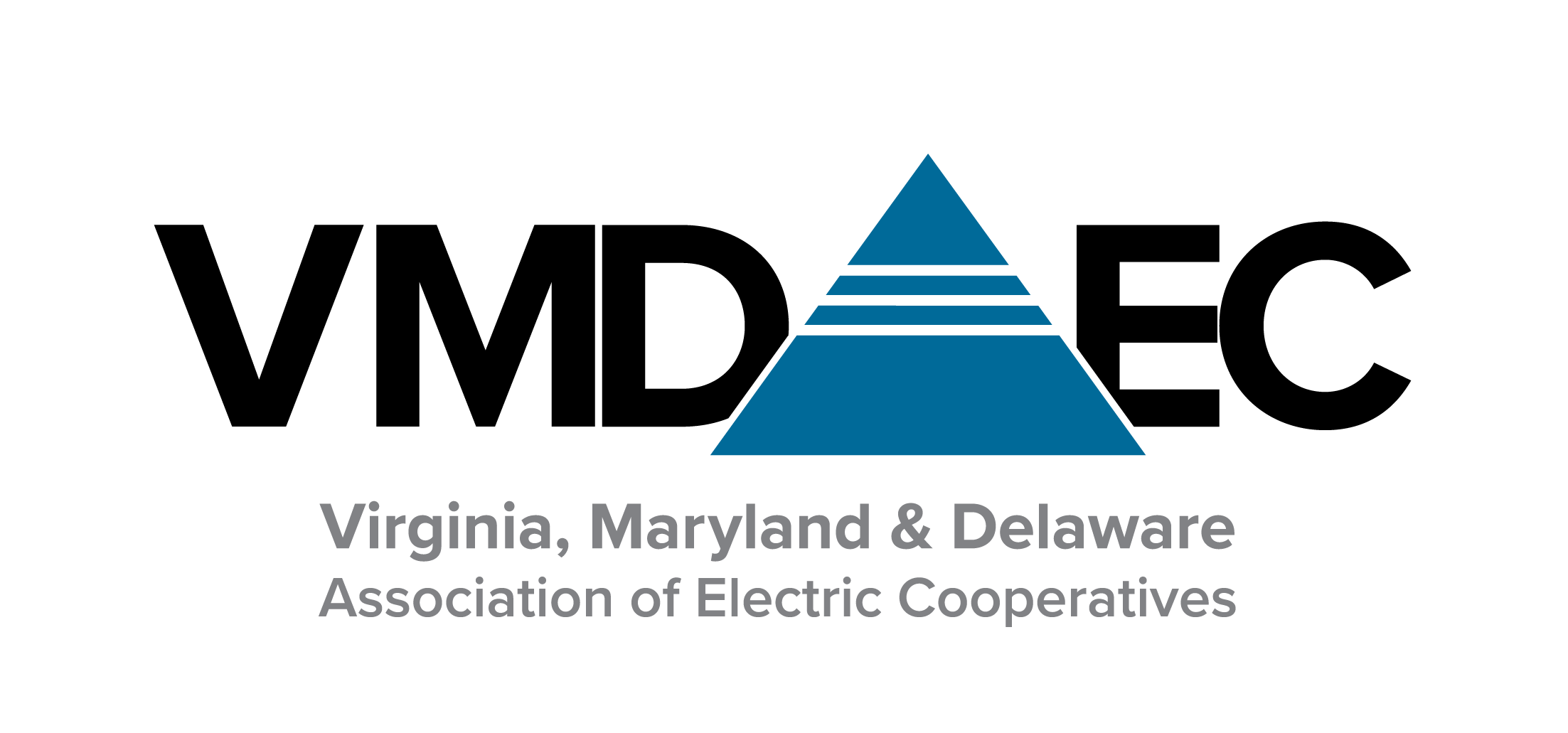Rappahannock Electric Cooperative member-owners selected three of their peers to serve on REC’s Board of Directors. More than 16,000 people returned their Proxy Designation Card or participated in the virtual annual meeting, which was held Aug. 11.
- In Region II, Christopher Shipe was reelected. This region covers the counties of Clarke, Fauquier, Stafford, and portions of Warren and Rappahannock.
- In Region III, Darlene Carpenter was reelected. This region covers the counties of Albemarle, Madison, Greene, Rockingham and a portion of Page County.
- In Region VIII, Eric Paulson was elected. This region covers the counties of Hanover and Goochland.
Board Chairman Shipe noted that REC’s leadership team strives to keep members top-of-mind in every decision they make.

Eric Paulson

Darlene Carpenter

Christopher Shipe
“As a strategically focused board, one of our main roles is to listen carefully to your concerns, your ideas and your feedback and to make the best-informed decisions we can to serve you now and to build a sustainable co-op that continues to serve our communities for decades to come. ” Shipe said.
Shipe and REC’s President and CEO John D. Hewa shared some highlights from the past year and previewed some items members can look forward to in the coming months:
- In March 2020, REC stopped disconnecting service for nonpayment and eliminated any related late fees. Since that time, REC has worked with member-owners on arranging long-term payment plans and guided them toward other organizations that might be able to provide financial assistance. Earlier this year, REC also distributed $4.8 million of federal CARES Act relief funds to member-owners. Any members who are behind on their electric bill are urged to call REC at 800-552-3904. The cooperative plans to return to normal payment operations as of September.
- As of January, REC was able to implement a net decrease in bills, which means typical members are saving more than $5 each month on their electric bills.
- Capital investments last year included over 110 infrastructure projects focused on the distribution system, substations, transmission and other assets. It involved over 200 miles of line work. “Last year, in 2020, we invested a historic amount — $70 million — into the grid and into our systems to support operations, growth and reliability,” Hewa said.
- Nearly 3,000 new residential and commercial accounts were connected last year.
- REC continued the expansion of its regional Fiber Utility Network, which will include 820 miles traversing through the counties that REC serves.
- Throughout the year, REC safely delivered more than 3.7 billion kilowatt-hours of electricity.
- REC has taken on an increasing role in engaging and facilitating in the community, including helping to further broadband availability. “We’ve really ramped up our efforts, working in partnership with others to bridge the digital divide,” Hewa said. “We know and we recognize this is a very important topic to you and your families, and we want to make sure that we are leveraging the co-op’s assets to help further broadband across the region.”
- The cooperative expanded its programs and services, including a stronger focus on solar, energy efficiency and electric vehicles. REC has over 1,300 members who participate in a net metering program, allowing them to generate their own solar power. Another 800-plus members participate in Cooperative Sunshare, which allows them to purchase blocks of power without the need for a solar installation on their property.
- A new energy-efficiency option for member-owners will soon be available. REC will be the first electric cooperative in Virginia to launch an on-bill energy-efficiency program, which will allow REC to partner with members who want to make energy efficiency upgrades in their homes such as insulation, weatherization or installing a new HVAC system. It’s designed to reduce power bills through energy efficiency and then to use those savings to pay for the members’ investment over time. All of this would be done on the REC power bill.
- REC also continues to focus on ways to support members who are considering purchasing or already own an electric vehicle. Pending approval from the State Corporation Commission, REC plans to offer a bill credit for members who charge their electric vehicles during off-peak hours. “It’s very clear that we are headed toward a future of electric transportation,” Hewa said.
- In early 2021, REC launched the first utility-scale battery storage project by an electric cooperative in Virginia. This allows REC to avoid certain power cost expenses and also increases reliability for member-owners.
Hewa said: “As we move forward, your co-op remains laser-focused on innovative projects and programs that we believe will benefit member-owners for years and years to come.”
The annual meeting can be viewed at myrec.coop/annualmeeting.
—Report by Casey Hollins, Managing Director – Communications & Public Relations, Rappahannock Electric Cooperative

